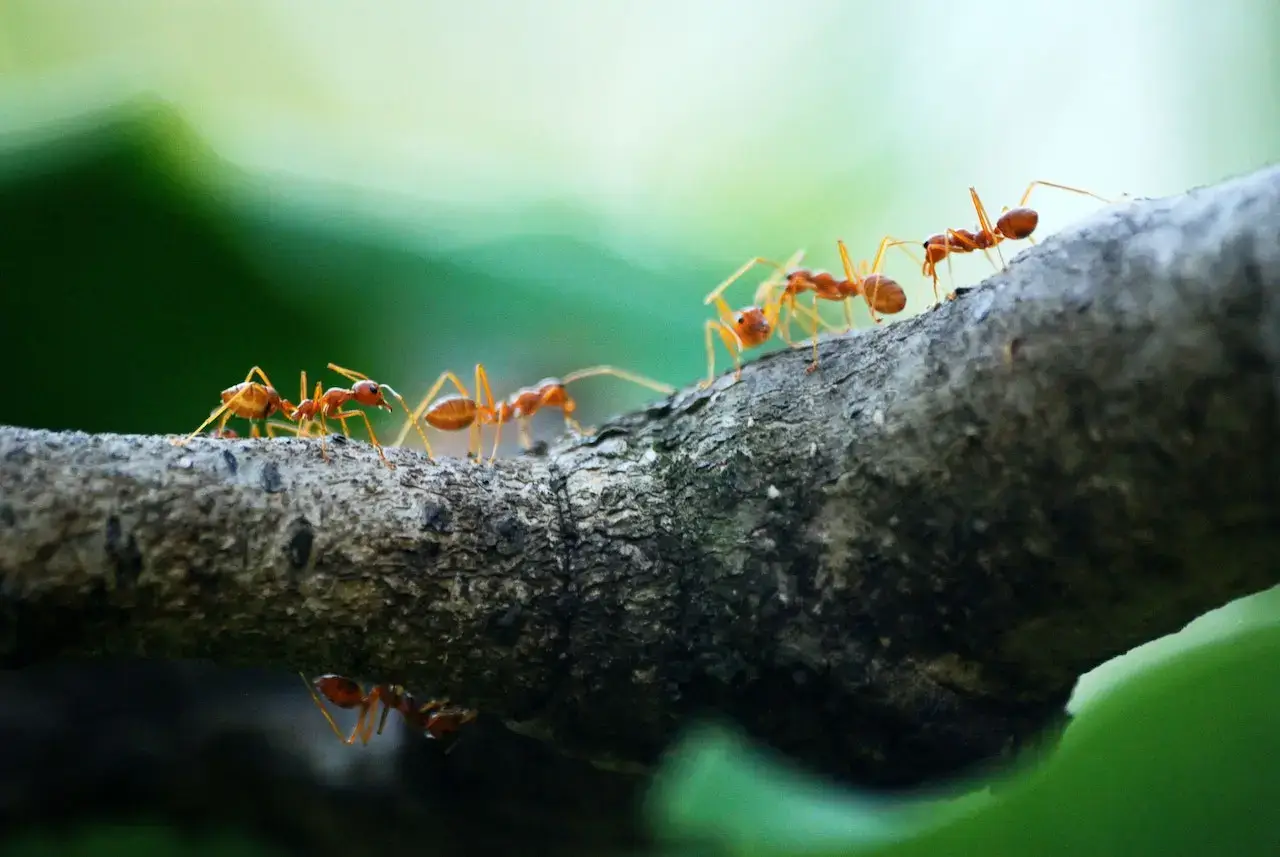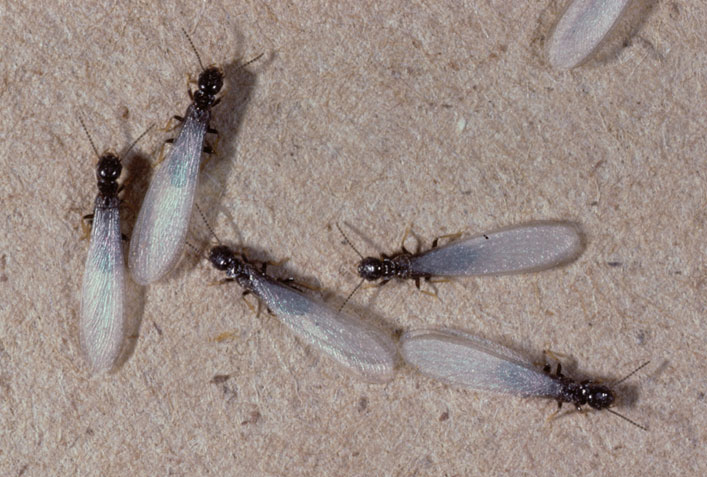Affordable Ant Control Solutions: Maintain Your Space Ant-Free
Affordable Ant Control Solutions: Maintain Your Space Ant-Free
Blog Article
Ecological Impact of Parasite Control: Harmonizing Performance With Sustainability
The environmental influence of pest control is a vital problem that calls for a fragile equilibrium between attaining efficiency in managing parasites and ensuring sustainability of our communities. From the use of hazardous chemicals that seep right into our soil and water to the unintentional repercussions on non-target types, the repercussions of traditional insect control techniques are far-ranging.
Damaging Chemicals in Bug Control
The use of dangerous chemicals in pest control postures significant environmental and wellness risks that necessitate mindful factor to consider and mitigation approaches. Herbicides, pesticides, and insecticides are frequently utilized to eradicate insects, but their prevalent application can cause unplanned effects. These chemicals can infect dirt, water sources, and the air, impacting not just the targeted parasites but also valuable bugs, wildlife, and people.

To resolve these threats, integrated pest monitoring (IPM) strategies are being advertised as a much more sustainable alternative. IPM includes a combination of approaches such as organic control, habitat adjustment, and the targeted usage of pesticides as a last option (ant control cornelius nc). By adopting an all natural strategy to pest control, we can decrease the environmental and wellness influences related to unsafe chemicals while efficiently handling pest populations
Effect On Non-Target Types
Taking into consideration the unplanned consequences of parasite control approaches, the influence on non-target varieties is a vital aspect that needs comprehensive examination. While bug control actions aim to target particular parasites, various other microorganisms in the ecological community might be unintentionally impacted. Non-target varieties, including advantageous insects, birds, animals, and also plants, can suffer indirect or direct injury from chemical applications or biological control techniques.
Insecticides made to fight a specific insect bug may harm pollinators like or all-natural predators such as ladybugs. Organic control representatives, if not species-specific, can posture dangers to unintentional targets, interfering with the eco-friendly balance.
To reduce the effect on non-target types, integrated pest monitoring (IPM) methods that emphasize an alternative method to pest control are recommended. These approaches prioritize making use of eco-friendly practices, decreasing harm to beneficial organisms while successfully taking care of pest populations. Carrying out detailed danger analyses and checking the end results of pest control efforts are important action in securing non-target varieties and advertising overall ecosystem health.
Dirt and Water Contamination
Unplanned ecological effects of bug control methods extend past influencing non-target varieties, with significant ramifications for dirt and water contamination - termite control services. Chemicals, herbicides, and chemical fertilizers made use of in insect control can seep right into the soil and pollute groundwater, presenting a hazard to both terrestrial and water ecosystems.
Water contamination is one more critical issue related to parasite control methods. Drainage from farming areas treated with pesticides can lug these chemicals into neighboring water bodies, impacting water organisms and water high quality. Contaminants in water resources can have far-ranging effects, affecting not just aquatic life however likewise human health and wellness via the consumption of polluted water or aquatic organisms. To mitigate dirt and water contamination from bug control tasks, integrated bug administration strategies that prioritize sustainability and minimize chemical inputs are vital.
Air Contamination From Pesticide Usage
Direct exposure to air-borne pesticides during agricultural applications postures a substantial problem for air pollution control procedures. When pesticides are sprayed onto crops, they can volatilize right into the air and form unpredictable natural compounds (VOCs) and other airborne contaminants. These chemicals can add to the development of ground-level ozone, a significant part of smoke that can have detrimental results on human health and wellness, crop productivity, and overall air top quality. Furthermore, pesticide drift, where chemicals are lugged by the wind to unexpected areas, can lead to the contamination of nearby communities and water bodies.

Approaches for Lasting Bug Control
In the world of agricultural practices, implementing sustainable parasite control methods is vital for maintaining environmental equilibrium and safeguarding crop returns. click now Lasting bug control stresses the use of eco pleasant techniques to take care of bug populaces successfully while lessening injury to non-target microorganisms and ecological communities. Integrated Bug Management (IPM) is a widely adopted technique that combines biological, social, physical, and chemical control approaches to achieve long-lasting pest administration remedies.
Plant turning and diversity are also effective strategies to interfere with pest life cycles and produce much less positive problems for parasites to prosper. Inevitably, by incorporating these lasting pest control techniques, farmers can accomplish a balance in between pest monitoring efficiency and ecological stewardship.
Final Thought
Finally, the environmental impact of parasite control approaches have to be thoroughly considered to balance efficiency with sustainability. Damaging chemicals utilized in insect control can bring about dirt and water contamination, air contamination, and damage non-target varieties - ant control services. It is vital to implement lasting pest control approaches to lessen these negative impacts on the environment and advertise a much healthier ecosystem for future generations
By adopting an all natural approach to pest control, we can lessen the environmental and health effects connected with unsafe chemicals while efficiently handling pest populaces.

To reduce the air contamination created by pesticide use, it is necessary to take on incorporated bug administration strategies that prioritize the usage of non-chemical insect control techniques, such as plant turning, all-natural killers, and resistant crop varieties. Lasting insect control stresses the use of ecologically pleasant methods to take care of parasite populations effectively while reducing harm to non-target microorganisms and environments. Integrated Bug Monitoring (IPM) is an extensively embraced strategy that integrates biological, cultural, physical, and chemical control techniques to accomplish long-term insect administration remedies.
Report this page